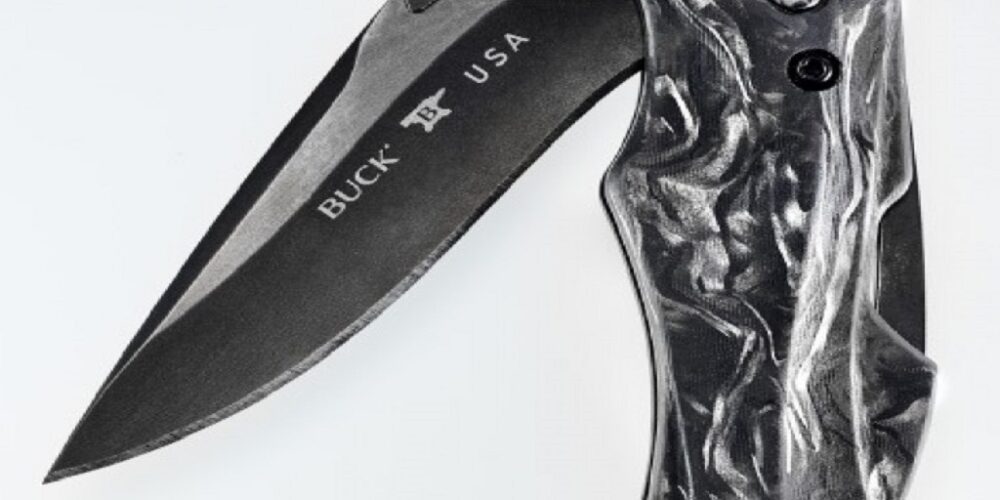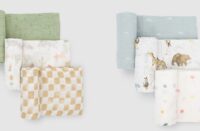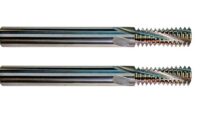Knife nerds all have preconceived notions about what makes up a quality knife. Snobbery abounds among collectors and fanatics to the point that making the wrong, errant comment about steel chemistry can earn you quite the tongue-lashing on online forums.
You only need to hear the sentiment that folding knives are “pre-broken” to know what sort of prejudices some knife enthusiasts exhibit.
The same goes for handle materials. Well, let this serve as a well-timed vindication of carbon fiber scales. Read it and weep.
Multiple Advantages Over Natural Materials
Some knife collectors still cleave to tradition and love the look of natural handle scale materials, such as wood, bone, antler, horn, stacked leather, or others.
These materials are beautiful, and we’re not here to tell you that they don’t make good knives. They absolutely do.
It’s just that they require a lot of work. Leather and wood can rot and crack when not properly cared for. Even hard materials, like horn, antler and bone need to be protected against dehydration and periodically conditioned with oil.
Carbon fiber scales do not.
Stop Steel at the Door
Some knives are made with solid metal handle scales, such as steel, titanium, aluminum, and brass. Some are made with copper and other flashier metals.
Well, metals are strong, and they look pretty cool too. We have to concede that.
But as strong as they are, metals are heavy – and metals like steel, copper, and titanium will oxidize when not properly maintained.
Again, carbon fiber scales do not.
Beat the Elements at Their Own Game
What material won’t rust, absorb moisture, oil, or grease, and is more or less impervious to both extremely high and low temperatures?
That’s carbon fiber – few other materials can claim the same.
Oh, also, select carbon fiber materials, like those produced by Protech Composites, are made with a UV-resistant epoxy resin, making them sunlight resistant as well.
Backpackers, Rejoice
If there’s one thing that backpackers and hikers hate, it’s heavy gear. So you can cross off metal scales and big, bulking knives.
Carbon fiber is light; really light, lighter even than low-density metals like aluminum. Its density can be adjusted by the manufacturer but either way, it’s lighter than almost all other natural and synthetic materials.
It’s comparable in weight to horn, but substantially stronger.
No, They’re Not Slippery
One common concern regarding carbon fiber scales is that they are slippery, but the truth is this isn’t really the case.
They’re no more slippery than polished metal, bone, or resin scales, so they’re equal on that front and superior in ten other ways.
Carbon Fiber Scales Are Basically the King of Synthetics
We can hear you now: G10, GFN, and Micarta are the solution you’re looking for. They offer most of the same benefits as carbon fiber.
Well, yes, on one hand, these synthetics are strong and resistant to the elements, and they won’t absorb moisture or oil. That is true.
They’re also substantially heavier than carbon fiber and not noticeably stronger.
Carbon Fiber Is Customizable in Terms of Density and Weave (Extra Cool Factor, That Is)
Another reason carbon fiber is popular among collectors is that the weave pattern and finish of the carbon fiber material are customizable, making it possible to inject personality into the finished knife, giving it a custom look.
Where Can You Order Custom Carbon Fiber Scales?
Protech Composites will create 100% perfect, porosity-free carbon fiber scales for you, every time. They’ll customize the scales to your requirements in terms of weave, size, density, dimension, and finish, exactly as you need.
Visit their website for more information (ProtechComposites.com) or contact them directly for more information at 360-573-7800.












